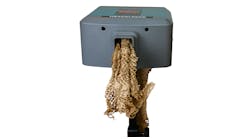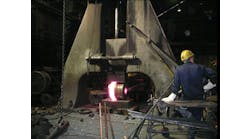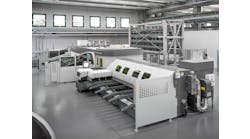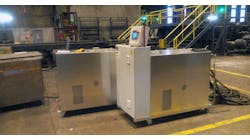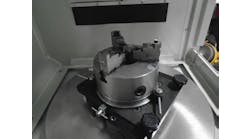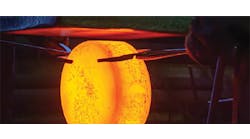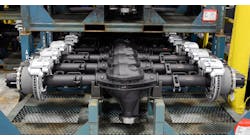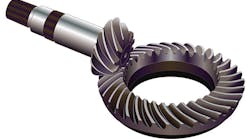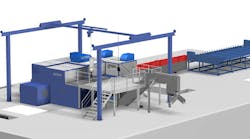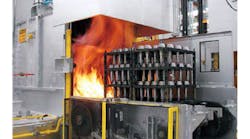Selma Precision Technologies is the name of a new hot- and warm-forging business in Selma, NC, taking over the former Sona BLW Precision Forge plant that closed in August 2016. An Indian manufacturer, the Warm Group, acquired the operation at a bankruptcy auction late last year and will restart it in June.
As explained by SPT’s director for marketing and logistics, Gerhard Schicktanz, Selma Precision Technologies will operate six forging lines rated from 1,000 to 2,500 tons. Three new lines have been contracted and are planned to be installed by mid-2018, with details of those new systems to be reported later
In addition to forging, the SPT operation has four coining presses, 23 CNC machines, four heat-treat furnaces, and in-house tool-and-die manufacturing.
SPT aims to produce precision-forged bevel gears, speed gears, collars, clutches, and flanged hubs, for automotive manufacturing, defense systems, and agricultural equipment. That is an increasingly attractive market for automakers and their Tier suppliers, as well as an especially active segment for builders of forming technology systems.
“We want to produce finished parts forged, coined, machined, carburized and shot-blast cleaned (parts), but are aiming also for heat-treat orders and machining jobs,” Schicktanz detailed.
He indicated Selma Precision Technologies aims to produce 2 million precision-forged parts in 2017, in a two-shift/five-days-per-week operation, increasing output to 6 million parts in 2018, and 9 million in 2019.
The plant’s progress toward a full restart is on track at press time, as SPT successfully passed its ISO 9001 audit in early June.
The Warm Group operates two plants in India, producing precision hot- and cold-forged automotive parts for automakers and their Tier 1 suppliers. Vinay Upadhyay, SPT’s director of business strategies and growth, explained the North Carolina plant would restart with 38 workers, many of whom had been employed by the former ownership. But, he added that the goal will be to increase the workforce to about 165 as production increases.
“The core team has been at the plant for about 25 years and are very knowledgeable and know what they’re doing,” according to Upadhyay. “It’s important for us to get the act at this plant together; there have been kind of a lot of hurdles along the way.”
